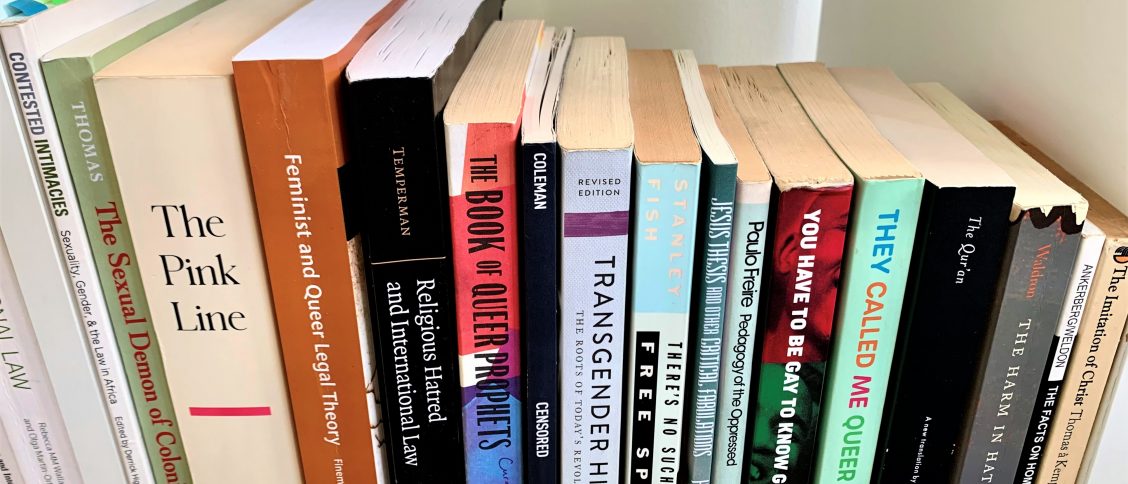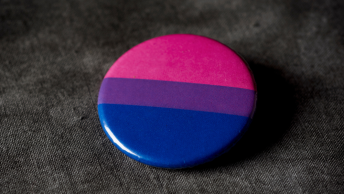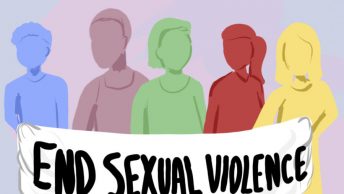How often have you heard something described as “hate speech”? Be it in a viral online article, in a conversation amongst friends, or yelled, during news coverage, by someone describing what another person – often their polar opposite – had said. There are a multitude of definitions, and factors related to those definitions, for hate speech. However, none are present in international human rights law (“IHRL”) – which is something many people overlook.
I think this overlooking occurs because in many countries around the world there are so-called “hate speech laws”, where a person can be punished when they say something which targets another person; granted that said speech meets certain characteristics (oftentimes its about who the speech is said against, if they’re targeted because of an identifiable factor and if incites violence or discrimination against them, etc). However, nowhere in IHRL is hate speech mentioned or defined. Regarding the national approaches to hate speech, specifically through criminal law, there’s a lot of controversy around this, and an increasingly back-lash has arisen regarding attacks on “free speech”. Now I’ve just thrown a lot of information at you without fuller context. So let me backtrack and set out the few things I understand thus far in order to explain my work and what I’m trying to do (and the context in which I am trying to do it).
When I mention IHRL, I’m focusing on international treaties – documents – which states sign and bind themselves to, thus creating obligations for themselves. Treaties in and of themselves are not a new phenomenon, however, the subject matter of human rights is relatively new in the grander scale of things, only having come into international legislative focus the last seventy years or so. The treaties aren’t the only thing, but for me they are the most decisive because of their binding nature (we do have many other international instruments which are suggestive for how states should act, but we can come back to that later).
The next thing to maybe elaborate on is the fact that hate speech isn’t set out or defined in IHRL. When I say that, I do mean it. This is not to imply that there aren’t provisions in treaties which could deal with hate speech. Just that the specific phrase is nowhere present. What does exist are provisions such that “advocacy of national, racial or religious hatred that constitutes incitement to discrimination, hostility or violence shall be prohibited by law”[1] and that “all dissemination of ideas based on racial superiority or hatred”[2] shall be declared a punishable offence. However, “hate speech” as a phrase is nowhere to be found. Thus, some interpretative work is to be done. So far, I’ve found a lot of favour in a particular provision in IHRL, actually, the one that sets out the right to freedom of expression.
Freedom of expression is found in Article 19(2) of the International Covenant on Civil and Political Rights.[3] It reads that: “Everyone shall have the right to freedom of expression; this right shall include freedom to seek, receive and impart information and ideas of all kinds, regardless of frontiers, either orally, in writing or in print, in the form of art, or through any other media of [their] choice.” However, the subsequent provision, Article 19(3), notes that because the right carries with it special duties and responsibilities, it may be subject to certain restrictions.
This, so far, is the most convincing read for what IHRL might actually say about hate speech.
Article 19(3) continues to explain that the restrictions have to be set out in law and necessary for one of two aims. I find one to be more relevant than the other, namely Article 19(3)(a) which reads that the right to freedom of expression may be restricted for “respect of the rights or reputations of others.”
Pretty good place to start right?
I’m going to circle all the way back now to my specific topic and hopefully tie in everything I’ve just written. In summary, I’m working on my PhD in IHRL. My topic focuses on religiously motivated hate speech which targets queer, or LGBTIQ+, people.[4] I’m specifically interested in the potential obligations’ states have to protect queer people, and particularly their right to dignity, and if this can be done without violating the right to “free religious speech”. In this post, I only briefly mentioned the provisions for the right to freedom of expression. Free religious speech is thus the lovechild of this right together with the right to freedom of religion, which is also set out, protected, and able to be restricted under IHRL. But more on that next time.
[1] Article 20(2) of the International Covenant on Civil and Political Rights.
[2] Article 4(a) of the Convention on the Elimination of Racial Discrimination.
[3] Currently there are 173 state parties to the ICCPR, which means that these provisions are binding on 173 countries around the world.
[4] Within my research, for reasons I do set out, I prefer the broader categorization of ‘queer’, however, I know that many people prefer to use a variation of the LGBTIQ+ acronym.
Tegan Snyman (she/her) is a South African PhD candidate currently living and researching in the Netherlands, at Erasmus University Rotterdam. She is a Horizon 2020 Marie Sklodowaka-Curie Fellow in the ITN NETHATE and currently interning at IHLIA. In her blog post series, she hopes to discuss findings and challenges of her research project, (working title): “Religiously motivated hate speech targeting queer persons: an international human rights law analysis”.










